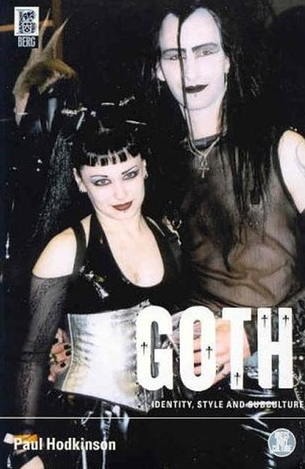It clarifies the conflict
In her article The Fatal Flaw – The Most Essential Element for Bringing Characters to Life, Dara Marks, PhD describes the fatal flaw as “a struggle within a character to maintain a survival system long after it has outlived its usefulness.”
She says, “Identifying the fatal flaw instantly clarifies for the writer what the internal journey of the character will be.
“This is no small thing, because once the writer is clear about what the protagonist needs in terms of internal growth it will clarify the external conflict as well.”
It’s not a moral judgement
She adds, “Most importantly, a fatal flaw is not a judgmental verdict that a writer places on a character, nor should it ever be a moral judgment. For example, if a sixteen-year-old has sex or gets drunk, it doesn’t mean he or she is fatally doomed…
“A sixteen-year-old who is completely dependent on his or her parents to make all decisions may be in far more jeopardy of not maturing than the teen who casually experiments with sex, drugs, and rock and roll.”
A matter of balance
“This is not to say that a teen who exclusively uses artificial stimulus in place of developing real self-esteem isn’t in jeopardy as well, but it depends on the degree to which any system of survival is out of balance to everything else.”
~ ~
The photo is from the book: Goth: Identity, Style and Subculture – it just seems to me [from the outside] that Goth could be a rich culture to look at in terms of teens trying out different identities and expressions, and taking internal journeys that might be flawed – or productive.
Of course you, the writer, may be the prime source for exploring character dynamics and psychology.
There are a number of pages on the Talent Development Resources site which have quotes and ideas on self-exploration, including: depth psychology and the shadow self.
~~~~~~~~
Visited 1 times, 1 visit(s) today
* Note – Links to programs and products may be affiliate links, which means a company or publisher provides a small commission to me paid by them, if you decide to purchase. There is no extra cost to you. Commissions help support my efforts in creating the free content you read on my various sites, plus help pay for costs such as website hosting and software. As an affiliate for companies such as Sounds True, as well as a few coaches and psychologists, I provide links to programs that may be helpful for creative people. Thanks for reading articles – and for following these links.

